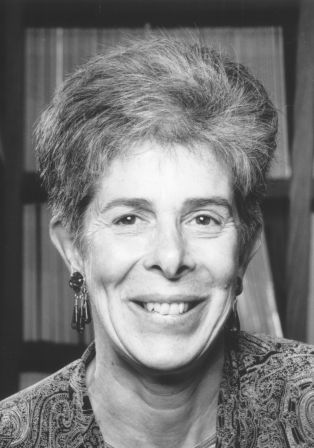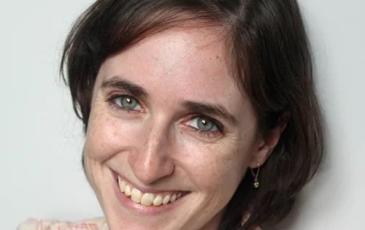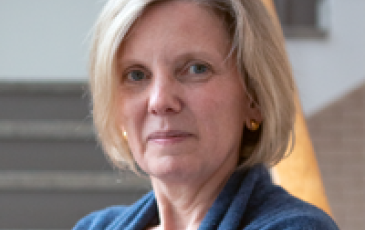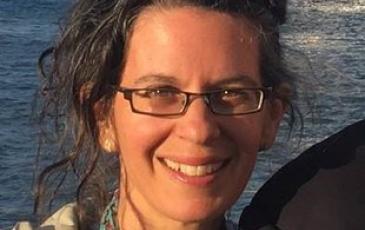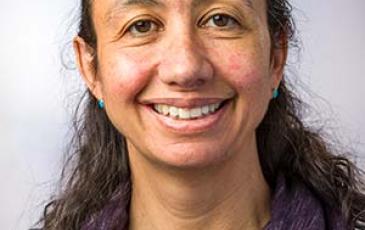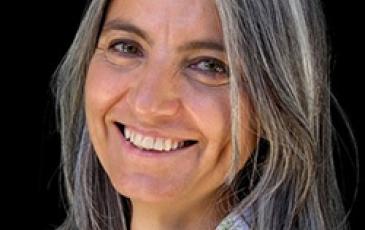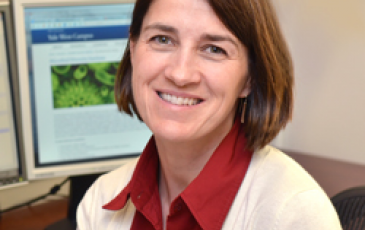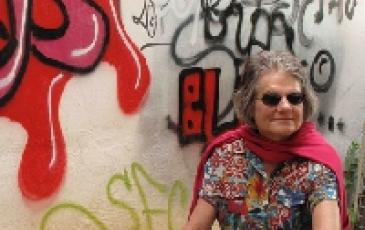Speaker: Jennifer Hurley, Professor, Rensselaer Polytechnic Institute
Circadian rhythms are highly conserved, 24-hour, oscillations that tune physiology to the day/night cycle, enhancing fitness by ensuring that appropriate activities occur at biologically advantageous times. Circadian rhythms are a phenomenon that exist across the tree of life and throughout biological scales, with broadly conserved atomic-level timekeepers enhancing fitness at the organismal level. Chronic disruption of proper circadian synchronization negatively impacts organisms throughout the kingdom of life, from disrupting metabolic networks in fungi to increasing the risk for Alzheimer’s disease and Related Dementias (ADRD) in humans. The paradigm for circadian regulation over physiology was that transcriptional programing via a transcription-translation based negative feedback loop (TTFL), or “clock”, drives temporally specific waves of gene expression to time cellular processes. However, using systems biological approaches in fungi, we have demonstrated that transcriptional programing from the TTFL cannot completely account for cellular circadian regulation. Our work has also begun to demonstrate the proteins involved in the repressive arm of the TTFL, enabled by their regions of protein disorder, act as “hub” proteins for the formation of large macromolecular complexes to impart circadian post-transcriptional regulation. Finally, we have used systems biology approaches to show that circadian post-transcriptional regulation tightly controls metabolism, affecting both fungal physiology and the mammalian immune response, the disruption of which increases the severity of ADRD symptoms. Our across-scales approach to studying circadian rhythms using fungi elucidates the fundamental principles of circadian timing, revealing the mechanisms of circadian control over molecular, cellular, and organismal physiology.


